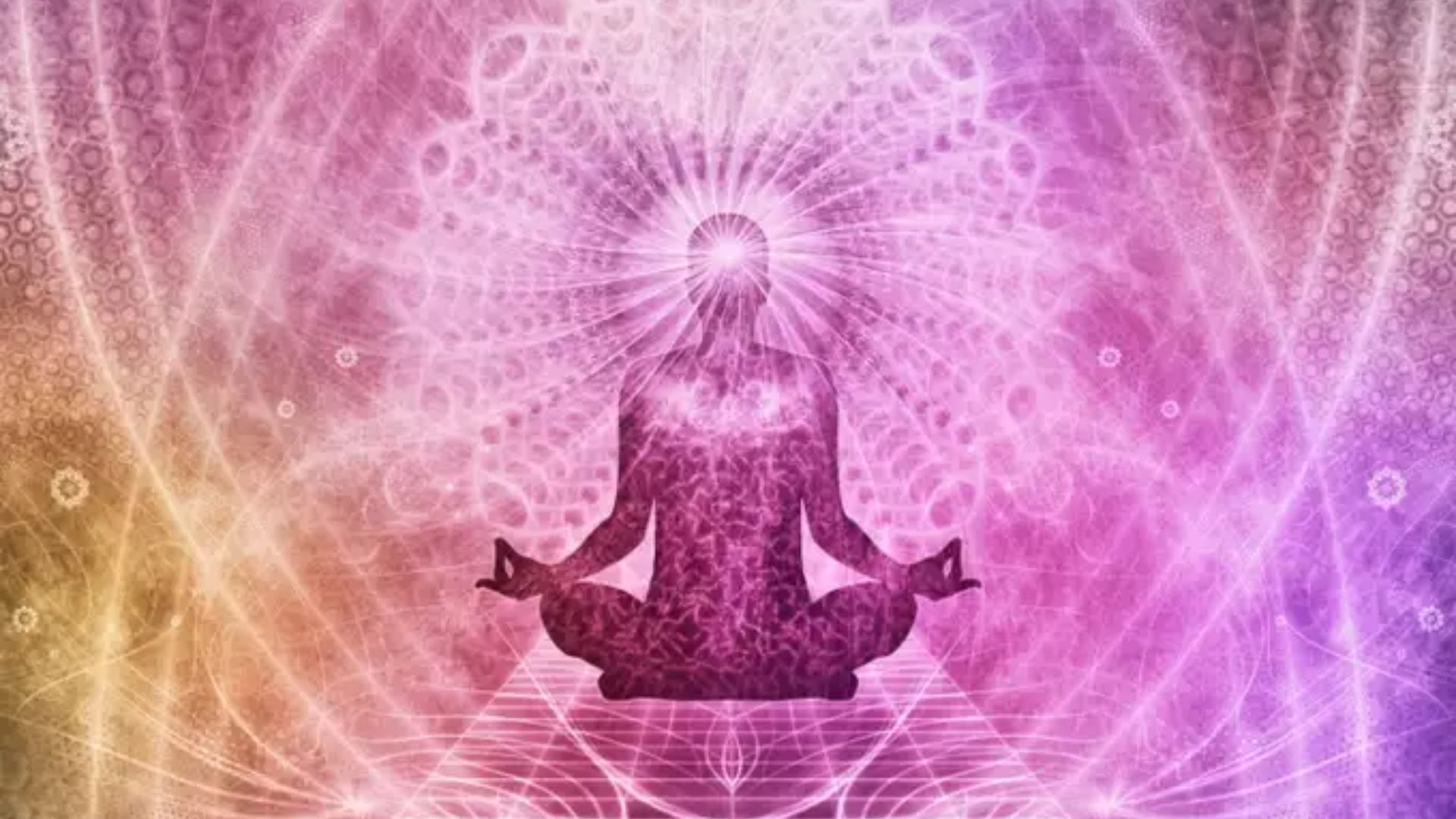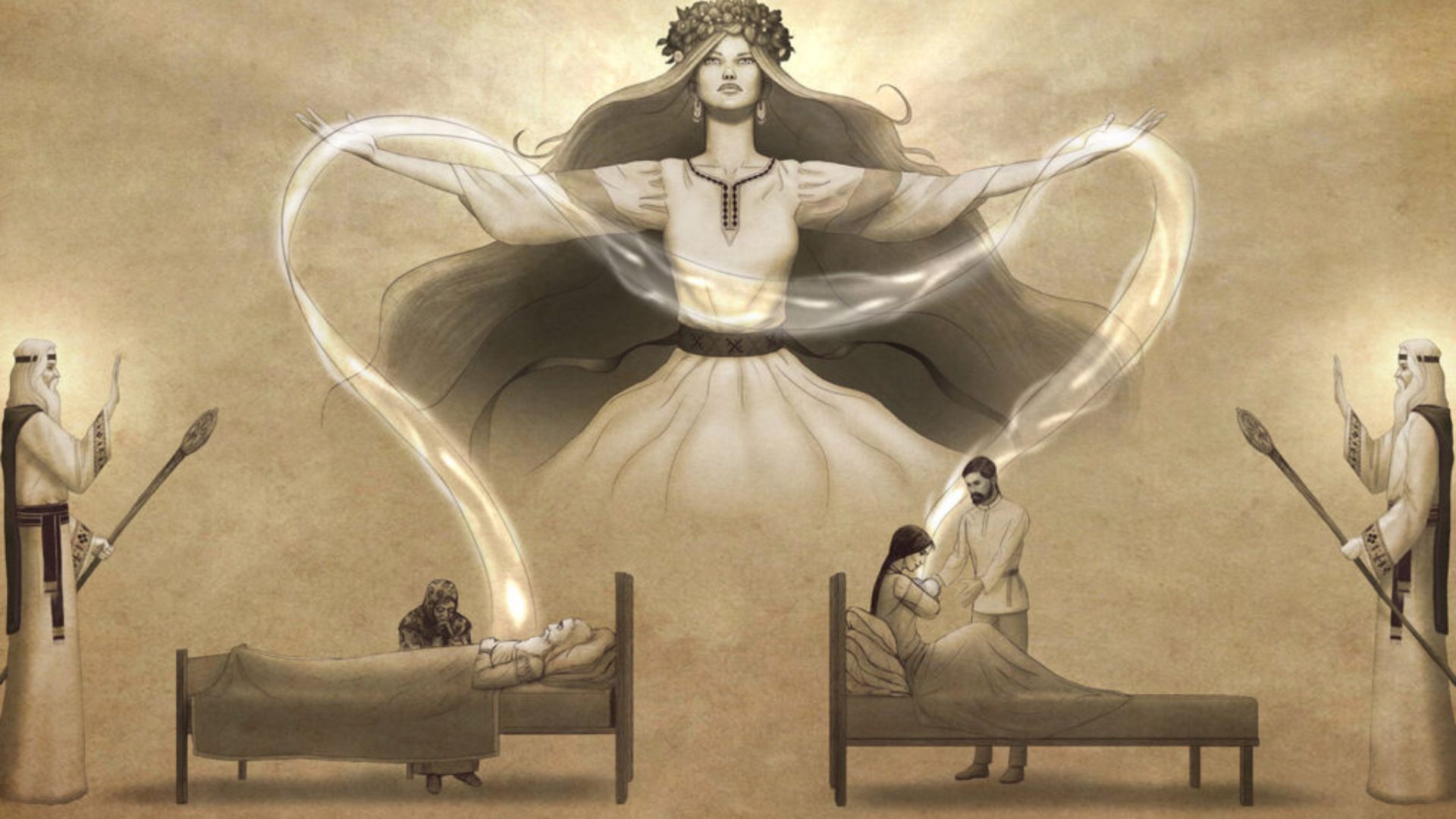What Is The Cycle Of Reincarnation? Factors That Influence It
If you are curious about the meaning of reincarnation, you may wonder what is the cycle of reincarnation. The idea of reincarnation is ancient, with different interpretations and beliefs from various cultures and religions worldwide. However, the fundamental concept of reincarnation is the rebirth of the soul after death.
Author:Evelyn AdamsReviewer:Calvin PenwellMar 21, 20230 Shares271 Views

If you are curious about the meaning of reincarnation, you may wonderwhat is the cycle of reincarnation.
The idea of reincarnation is ancient, with different interpretations and beliefs from various cultures and religions worldwide. However, the fundamental concept of reincarnation is the rebirth of the soul after death.
History Of Reincarnation
The concept of reincarnation is not a new one, with roots tracing back to ancient India, Greece, and Egypt.
The ancient Greeks believed in metempsychosis, a theory that the soul could be reborn after death in another living creature. Similarly, the ancient Egyptians believed that the soul could be reborn after death, leading to mummification and the preservation of the body.
In Hinduism, reincarnation is called Samsara, meaning the cycle of birth, death, and rebirth. The concept of Samsara suggests that every living has an eternal soul that is continuously reborn into new forms after death, with the aim of achieving enlightenment and liberation from the cycle of rebirth.
In Buddhism, reincarnation is called rebirth and is considered a natural process. However, the ultimate goal is to achieve Nirvana, the liberation from the cycle of rebirth.
In Taoism, reincarnation is viewed as a natural process of life, with the aim of achieving harmony and balance with the universe.
What Is The Cycle Of Reincarnation?
The cycle of reincarnation is the process of birth, death, and rebirth of the soul. According to the concept of reincarnation, the soul is eternal and continues to be reborn into new forms after physical death. The cycle of rebirth is influenced by karma, which refers to the consequences of a person's actions in life.
In Hinduism, the ultimate goal of the cycle of reincarnation is to achieve Moksha, liberation from the cycle of birth, death, and rebirth. To achieve Moksha, one must perform good deeds, live a virtuous life, and gain knowledge of the self and the universe. When a person achieves Moksha, the soul is released from the cycle of rebirth, and the person becomes one with the divine.
In Buddhism, the cycle of rebirth is determined by karma, with the aim of achieving Nirvana, liberation from the cycle of rebirth. To achieve Nirvana, one must follow the Eightfold Path, which includes right understanding, intention, speech, action, livelihood, effort, mindfulness, and concentration.
Reincarnation In Different Cultures And Religions
Reincarnation is a common belief in many cultures and religions worldwide, with different interpretations and meanings. Here are some examples of how reincarnation is viewed in different cultures and religions:
Hinduism
Hinduism believes in the cycle of reincarnation, with the soul being reborn into new forms after death.
The cycle of rebirth is determined by karma, which refers to the consequences of a person's actions in life. To achieve Moksha, liberation from the cycle of rebirth, one must perform good deeds, live a virtuous life, and gain knowledge of the self and the universe.
Buddhism
Buddhism also believes in the cycle of rebirth, with the aim of achieving Nirvana, liberation from the cycle of rebirth.
Karma determines the cycle of rebirth, and to achieve Nirvana, one must follow the Eightfold Path, which includes right understanding, intention, speech, action, livelihood, effort, mindfulness, and concentration.
Jainism
Jainism believes in the cycle of reincarnation, with the soul being reborn into new forms after death. Karma also determines the cycle of rebirth, and the ultimate goal is to achieve liberation from the cycle of rebirth, called Moksha.
Sikhism
Sikhism believes in the cycle of reincarnation, with the soul being reborn into new forms after death. However, Sikhism also teaches that the cycle of reincarnation can be broken through devotion to God and living a virtuous life.
Native American Religions
Many Native American religions believe in the cycle of reincarnation, with the soul being reborn into new forms after death. The cycle of rebirth is influenced by the person's actions in life, and the ultimate goal is to achieve a peaceful afterlife.
Ancient Greek And Roman Religions
In ancient Greek and Roman religions, the soul was believed to be reborn after death in another living creature, called metempsychosis. The idea was that the soul could be purified through the process of reincarnation until it achieved perfection.
Christianity
Christianity does not believe in the cycle of reincarnation, as it teaches that the soul only has one life on Earth, after which it goes to either Heaven or Hell.
Islam
Islam does not believe in the cycle of reincarnation, as it teaches that the soul only has one life on Earth, after which it goes to either Paradise or Hell.
Video unavailable
This video is unavailable
Factors That Influence The Cycle Of Reincarnation
The cycle of reincarnation is influenced by several factors, such as karma, the soul's level of development, and the choices made in life. Here are some factors that affect the cycle of reincarnation:
Karma
Karma is the consequence of a person's actions in life, both good and bad. According to the concept of reincarnation, the cycle of rebirth is influenced by karma, with good deeds leading to a higher rebirth and bad deeds leading to a lower rebirth.
Soul's Level Of Development
The soul's level of development also affects the cycle of reincarnation. A more developed soul is believed to have a higher chance of achieving liberation from the cycle of rebirth, while a less developed soul may be reborn into lower forms of life.
Choices Made In Life
The choices made in life also affect the cycle of reincarnation. Living a virtuous life, performing good deeds, and gaining knowledge of the self and the universe can lead to a higher rebirth while living a sinful life can lead to a lower rebirth.
Reincarnation And The Afterlife
Reincarnation is often associated with the afterlife, as it suggests that the soul continues to exist after physical death. However, the concept of reincarnation is different from the idea of the afterlife, as it involves the rebirth of the soul into a new form.
In some cultures and religions, the afterlife is seen as a temporary state before the soul is reborn into a new form, while in others, the afterlife is seen as a permanent state after physical death.
The Role Of Reincarnation In Spirituality
Reincarnation has played a central role in many spiritual traditions around the world. The concept of reincarnation offers a way for individuals to understand the cycle of life and death, and to make sense of the human experience.
In many spiritual traditions, reincarnation is seen as a means for the soul to evolve and progress on its journey toward enlightenment or union with the divine.
The process of reincarnation allows individuals to learn from their experiences in each lifetime, to work through karma and life lessons, and to ultimately transcend the cycle of rebirth.
For many people, the concept of reincarnation provides comfort and meaning, as it suggests that life is not just a one-time experience, but a continuous journey of growth and self-discovery. Reincarnation can also provide a sense of continuity and connection to past lives, and an understanding of the interdependence of all beings.
Criticisms Of Reincarnation
Despite its popularity, the concept of reincarnation has faced criticism and skepticism from various quarters. Some critics argue that there is no scientific evidence to support the idea of past lives or the continuity of the soul and that the concept of reincarnation is based on subjective experiences and anecdotal evidence.
Others argue that the concept of reincarnation is incompatible with certain religious beliefs, and may lead to confusion or conflict among different spiritual traditions. Some critics also question the fairness and justice of the concept of karma, arguing that it can lead to victim blaming and justify social inequality.
Despite these criticisms, many individuals and communities continue to find value in the concept of reincarnation, seeing it as a way to make sense of the human experience, explore their spiritual identity, and find meaning and purpose in life.
People Also Ask
Do All Cultures Believe In Reincarnation?
While reincarnation is a common concept in many Eastern religions and spiritual traditions, not all cultures believe in the concept.
Can Someone Be Reborn As An Animal In Reincarnation?
Some belief systems hold that souls can be reborn as animals or other non-human forms, while others see the human form as the only vehicle for reincarnation.
How Does One Break The Cycle Of Reincarnation?
In many spiritual traditions, breaking the cycle of reincarnation involves achieving enlightenment or liberation through spiritual practices such as meditation and self-reflection.
Conclusion
The cycle of reincarnation is an ancient concept that has different interpretations and beliefs from various cultures and religions worldwide.
The idea of reincarnation suggests that the soul is eternal and continues to be reborn into new forms after physical death, with the cycle of rebirth influenced by karma, the soul's level of development, and the choices made in life.
Understanding what is the cycle of reincarnation can provide insight into the purpose of life and the importance of living a virtuous life. Whether you believe in reincarnation or not, the concept offers a unique perspective on the nature of the soul and the universe.

Evelyn Adams
Author
Evelyn Adams is a dedicated writer at Kansas Press, with a passion for exploring the mystical and uncovering hidden meanings.
Evelyn brings a wealth of knowledge and expertise to her insightful articles. Her work reflects a commitment to providing accurate information, thoughtful analyses, and engaging narratives that empower readers to delve into the mysteries of the universe.
Through her contributions, Evelyn aims to inspire curiosity, spark imagination, and foster a deeper understanding of the supernatural world.

Calvin Penwell
Reviewer
Since diving into numerology in 1997, my path has been marked by extraordinary encounters and insights. A pivotal moment was uncovering a forgotten numerological manuscript in a tucked-away Italian library, which deepened my connection to the ancient wisdom of numbers. Another transformative experience was a meditation retreat in Nepal's tranquil mountains, where I honed my intuition and the art of interpreting numerical vibrations.
These adventures have not only enriched my numerological practice but also my ability to guide others towards understanding their destiny and life's purpose. My approach is deeply personal, rooted in a blend of historical knowledge and intuitive insight, aimed at helping individuals find their alignment with the universe's abundant energies. My mission is simple: to share the power of numerology in illuminating paths to abundance and fulfillment.
Latest Articles
Popular Articles
